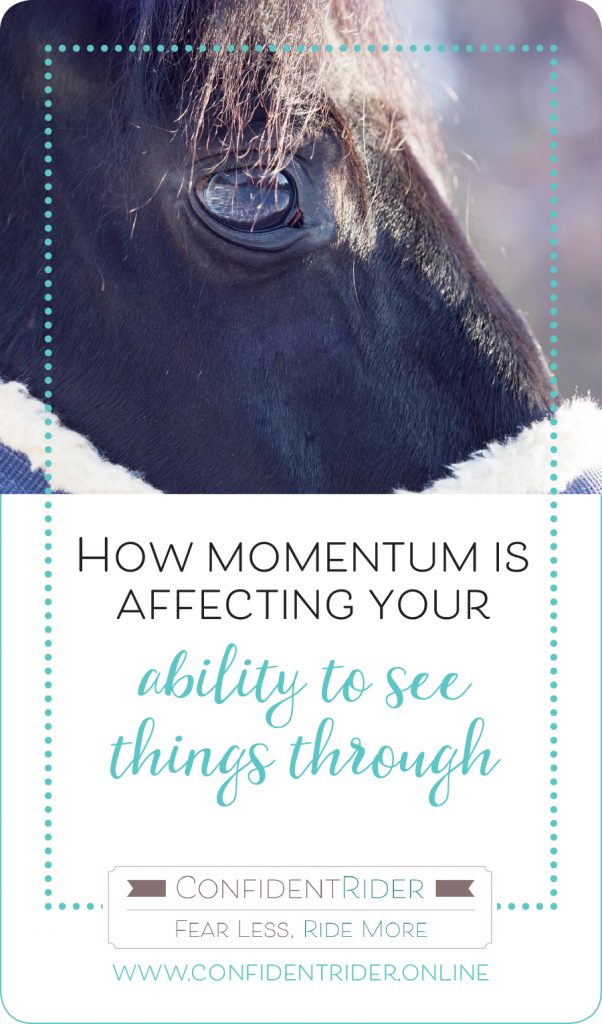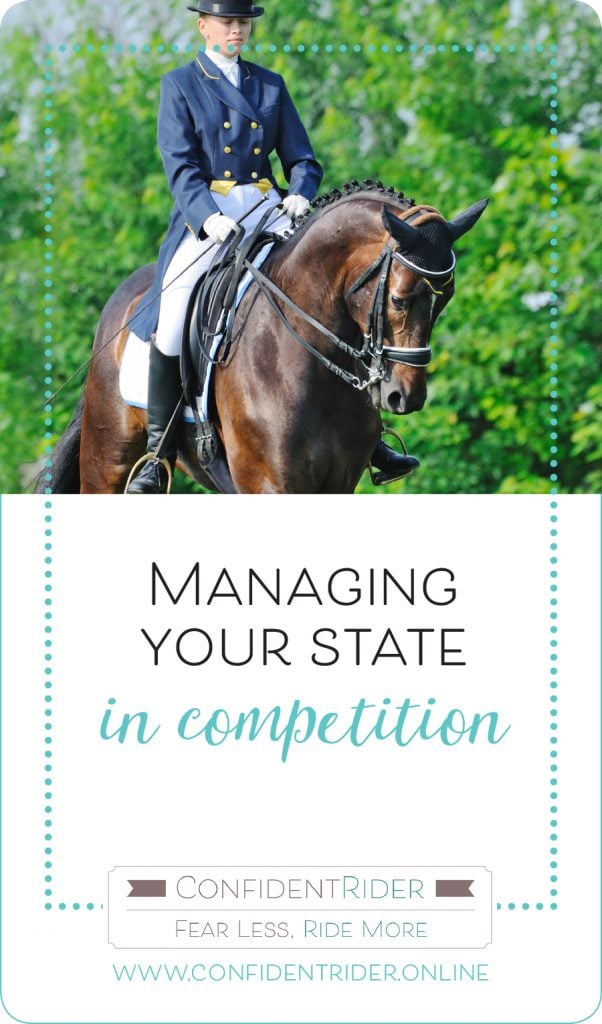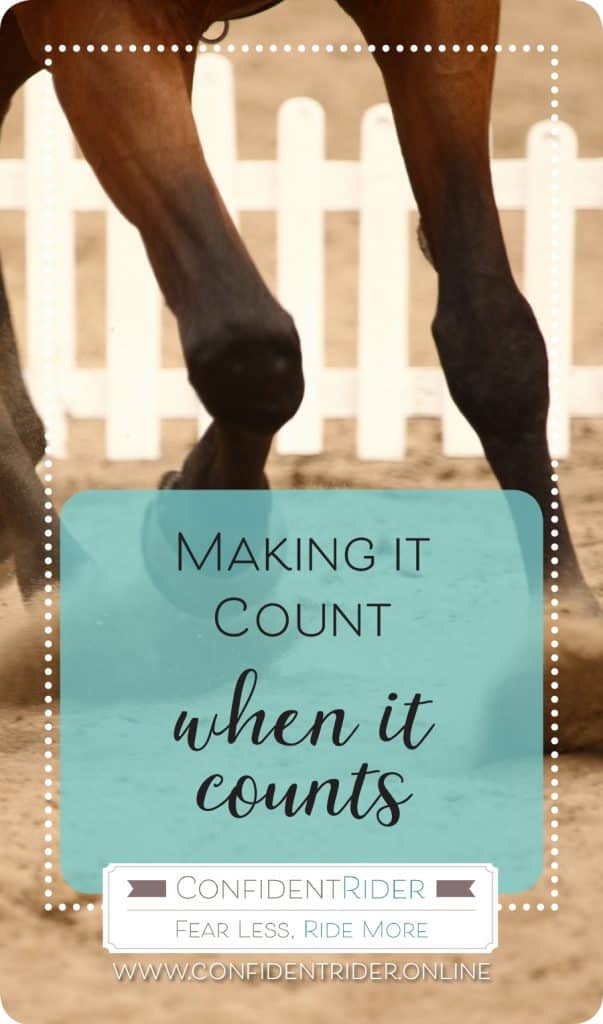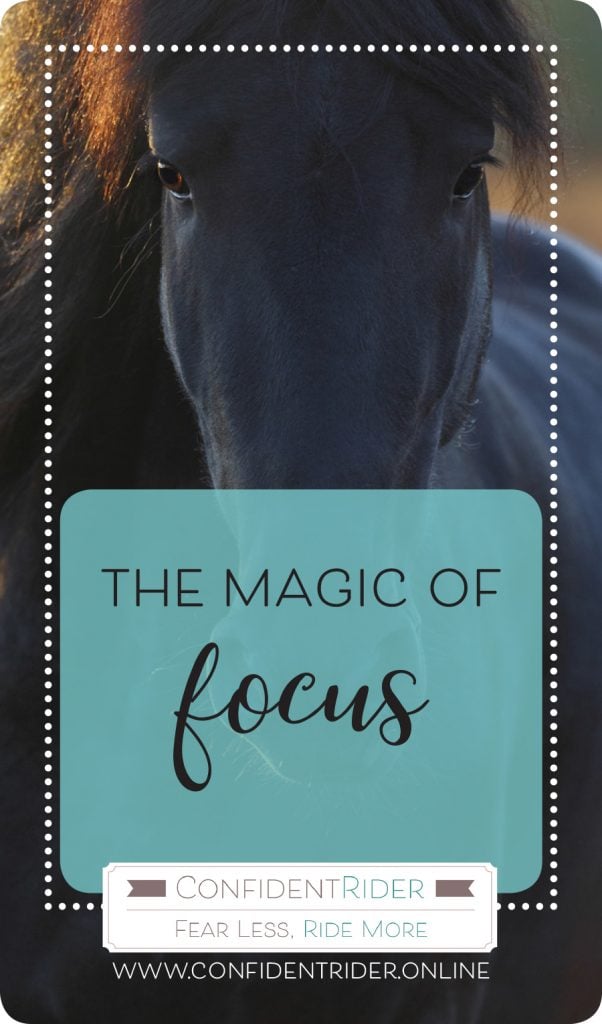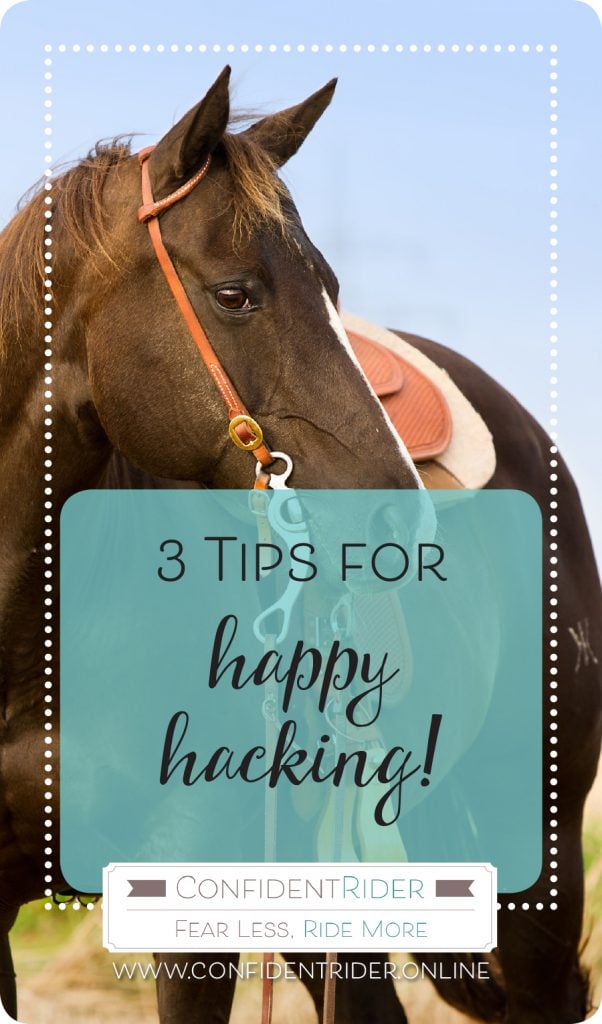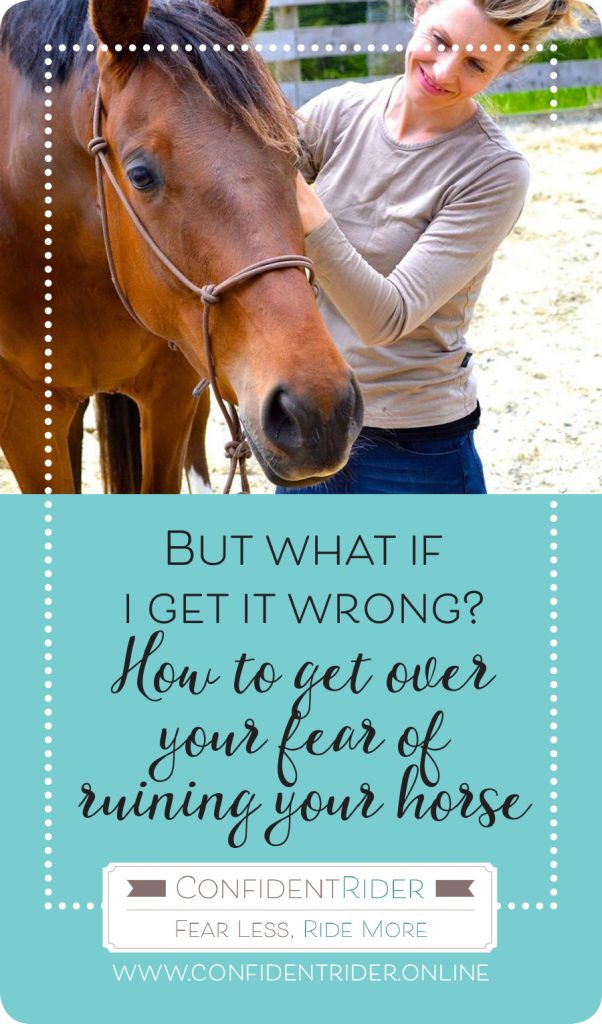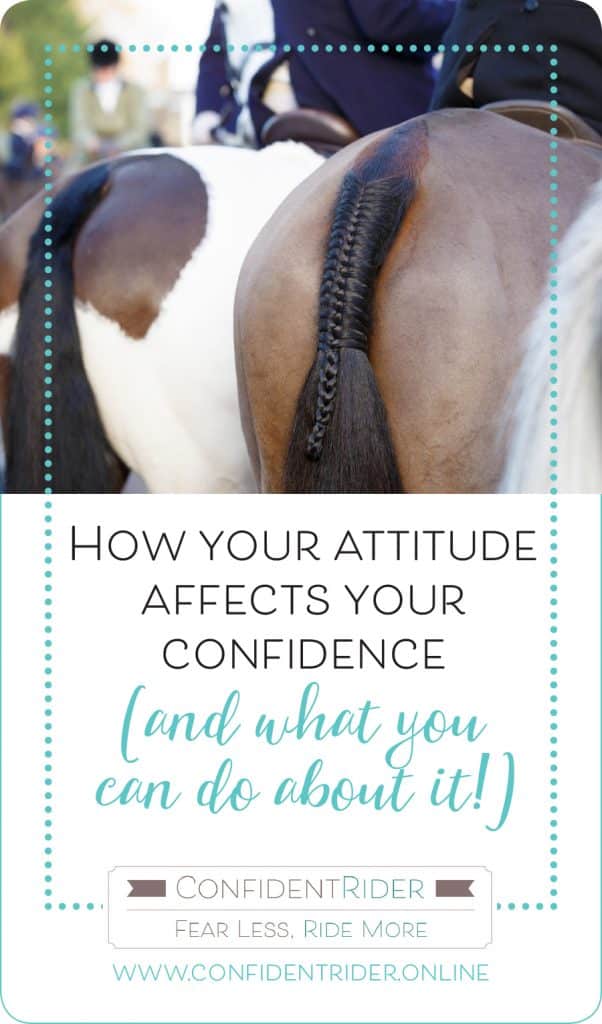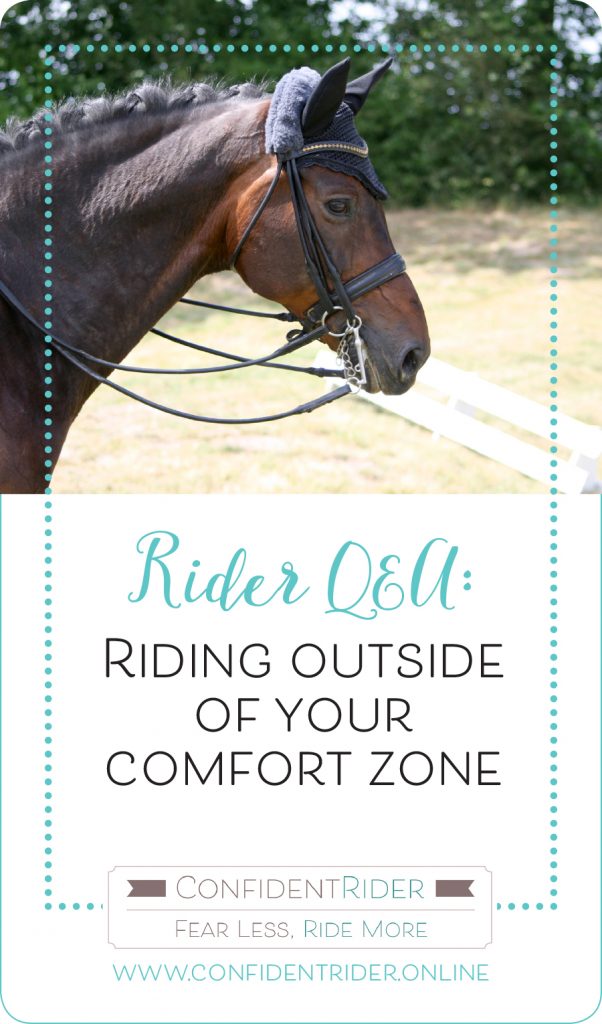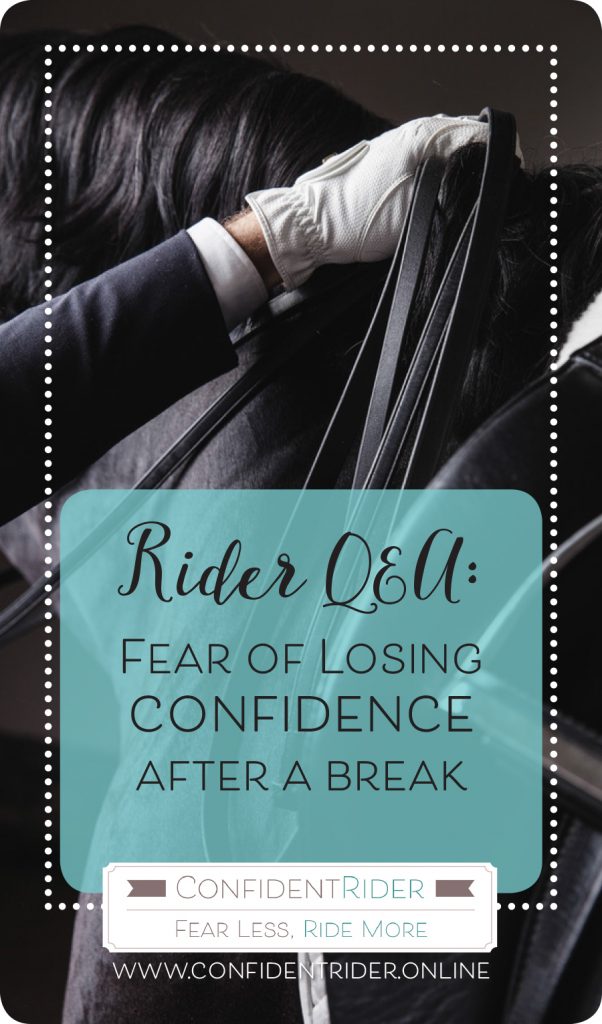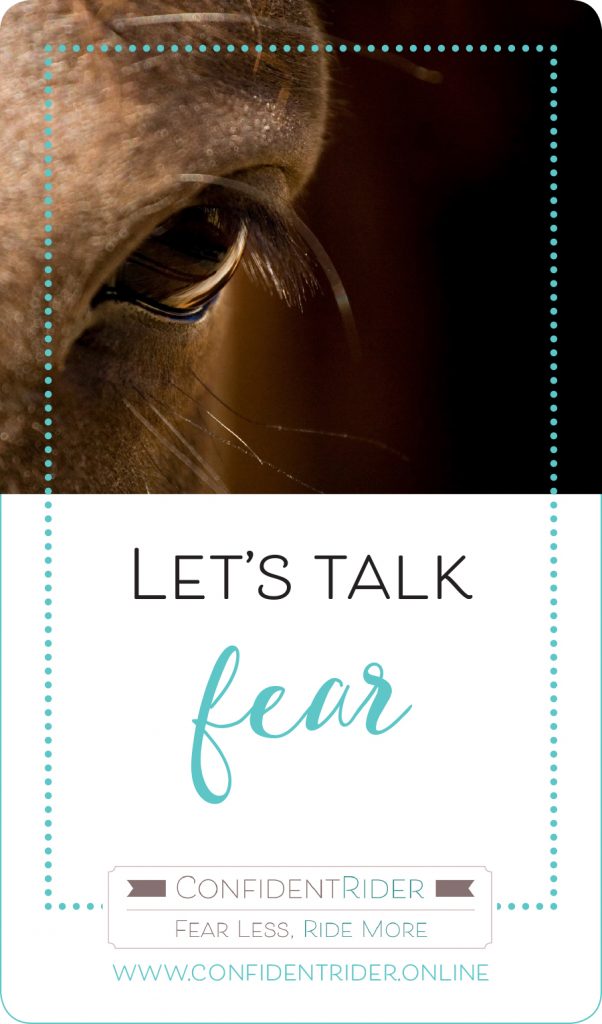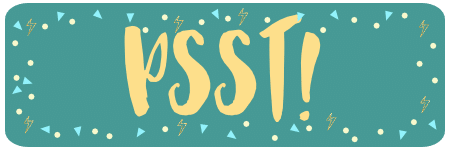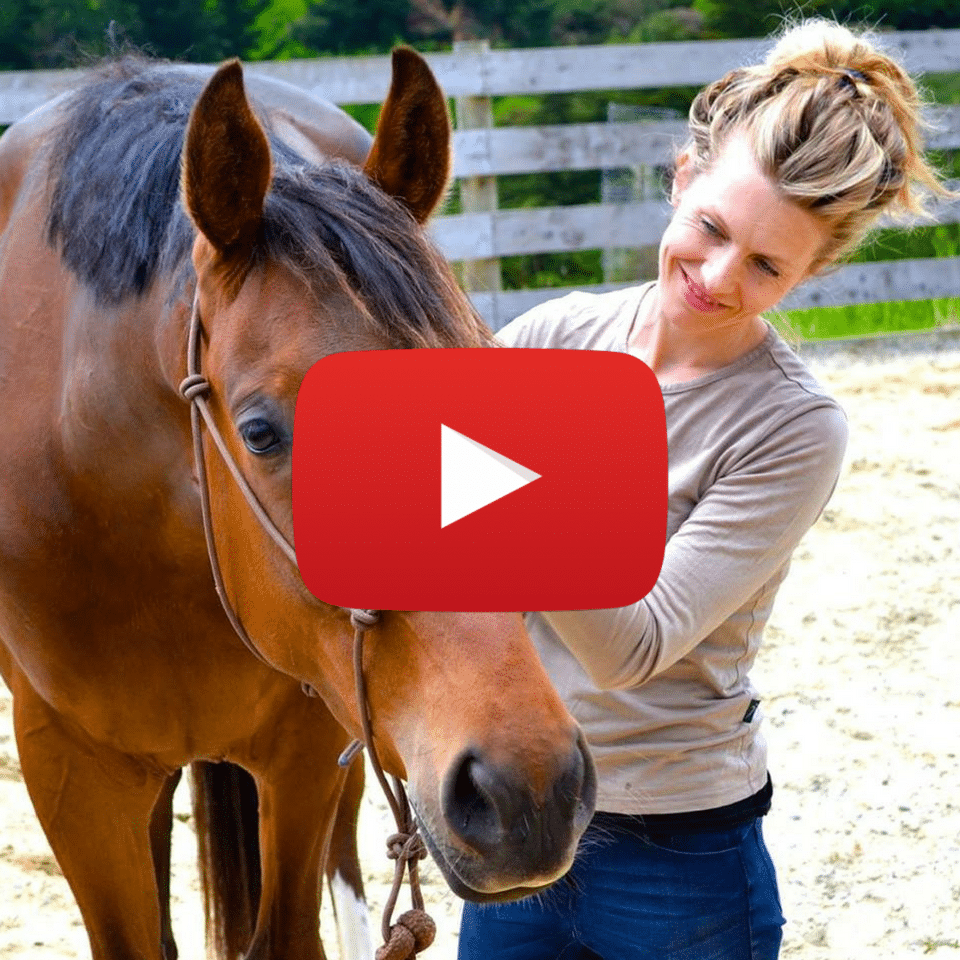Because it is the same place that we just left.
Essentially, this is the fear loop; we have a stimulus that causes a fear reaction, and as a result of that reaction, we flee. We may not even physically flee, but certainly, we leave the building mentally. Although it times it might make you feel like you are making progress, you are just hitting the boundaries of your loop, the boundaries of your safe place, your comfort zone.
And the reality is, you are afraid of what exists beyond these barriers, even though this is exactly where you know you need to go.
Fear is a deeply ancient emotion and one that is designed to keep us safe. With that in mind, we certainly don’t want to eradicate fear; contrary to what you think, we don’t want to become fearless, but what we do want to do is learn to dance alongside it, to learn to become a welcome and willing partner with fear.
What does that mean though, to become a welcome and willing partner with fear? It means that we learn to accept and recognize fear, but we don’t let it rule us to the point of paralysis, or allow it to stop us from doing things that we actually want to do.
And while we are at it, I will tell you why we don’t want to be without fear either. We don’t want to be without fear, because a life without fear would probably be out and out crazy, short and potentially idiotic. If you didn’t have some element of fear, you would jump on a totally unprepared horse with little thought to the consequences; you would ride a horse not good in traffic down the side of the expressway; you would ignore all the cues that indicated either horse or rider was unhappy in some way and go ahead with it anyway. I think you can see where I am heading with this.
You actually want fear to alert you of future dangers, and ultimately; it demands and deserves respect. However it has been programmed by evolution to automatically lead you to believe that any step into the unknown is going to end in your demise. And what’s more, it’s not particularly original. Fear isn’t really interesting in your expansion and growth. It’s not interested at all in you really charging forth and seeing what you are capable of. Quite frankly, its key interest is in keeping you… small. In boxing you in within the realms of what you already know. It likes your comfort zone. It’s what it knows. And so, frankly, it is going to try its hardest to stop you from permeating the periphery.
Fear might be something that we need, but it is certainly not something that we want to go basing our identity around. Fear is actually super boring. It does the same stuff all of the time. It never changes, never decides to mix things up. It never backs you in your decisions to expand, grow or try something different. It’s predictably and mind-numbingly boring.
If you want to choose a path, choose the path of the brave, but not of the fearless. Bravery means you get out there and you do something, even if it scares you. Fearlessness means that being scared does not even come into your reality.
Although you may not initially know how, the first rule in overcoming fear is to no longer allow it to have any authority in your life. You can make space for it. It can travel alongside you. But it is definitely not allowed any decision making powers; it doesn’t get to cast a vote or have a voice, no matter how loud you can hear it shouting in your ear.
You are absolutely the author of your own story, and your story will change the minute that your attitude does; the minute that your attitude and focus changes from what is happening in the future, to what is happening now. Right now.
Be mindful of when you are approaching things from a place of fear, or from a place of resourcefulness. It’s pretty easy to tell the difference. When you are operating from a place of fear, the little voice inside you shouts out, “Be careful! Don’t do that! What is going to happen to me?! I’m doomed!”.
The fearful voice is a voice of blanket generalizations and unqualified statements.
The reasoned voice may still be afraid, but it asks more resourceful questions. How can I make this work? What do I need to put in place to ensure the best outcome? You are in your body, connected, thinking things through whilst simultaneously holding the faith that you are going in the right direction.
Make the decision that from this moment forward, you will learn to travel comfortably with your fear. That you will respectfully decline to engage it in conversation, even if there are times when you hear its voice. That even if you feel as though fear has a strong presence at that time, even if you are unsure what to do, you will give yourself the space that you need, take the kind of actions that you need to take to keep you moving forward, however slowly, however incrementally. Forward, forward, forward.
Fear is not your excuse to keep returning back to the last place that you felt things were within your control. Instead, accept its presence and allow it to accompany you for the ride, no matter what it is that you achieve or accomplish.
And achieve and accomplish you will.
xx Jane
